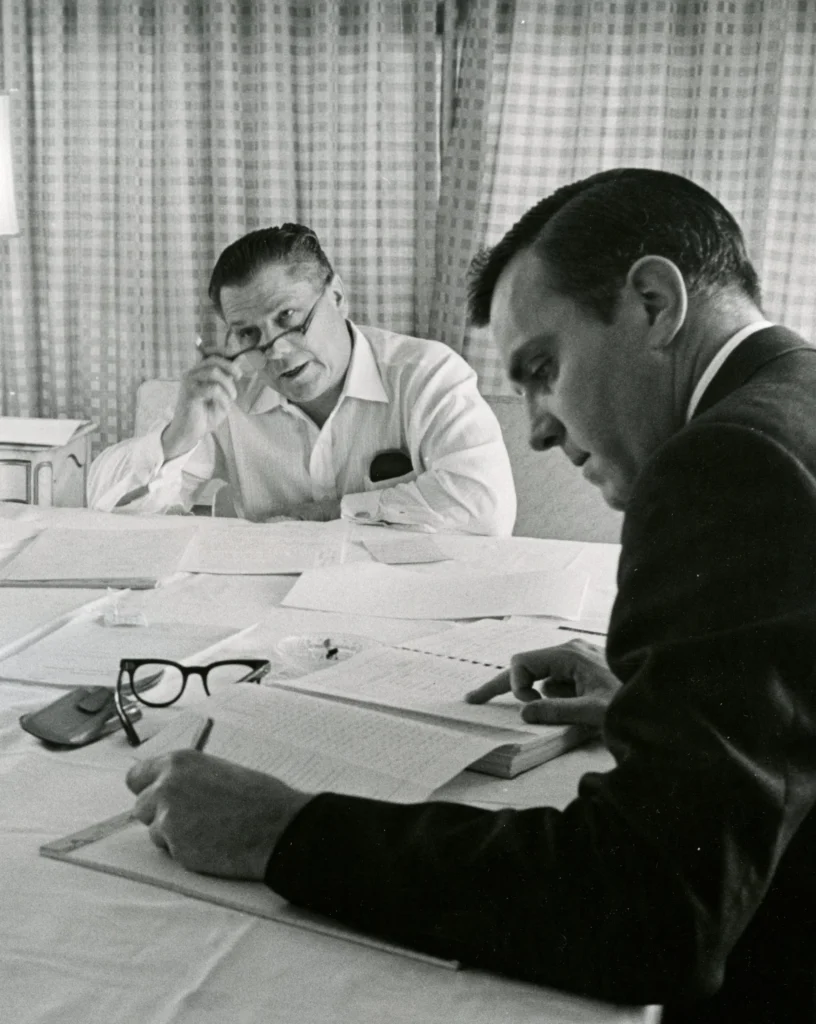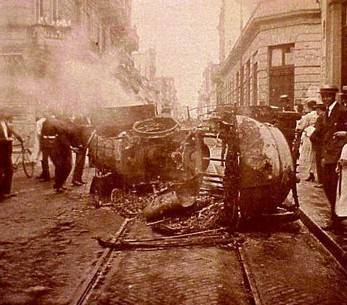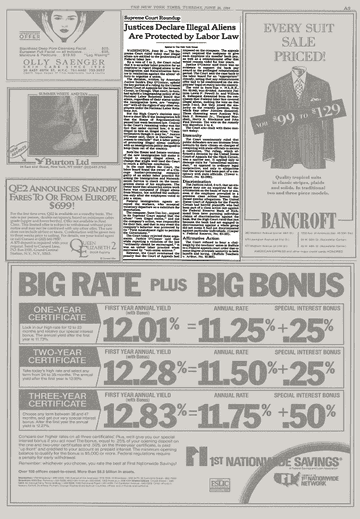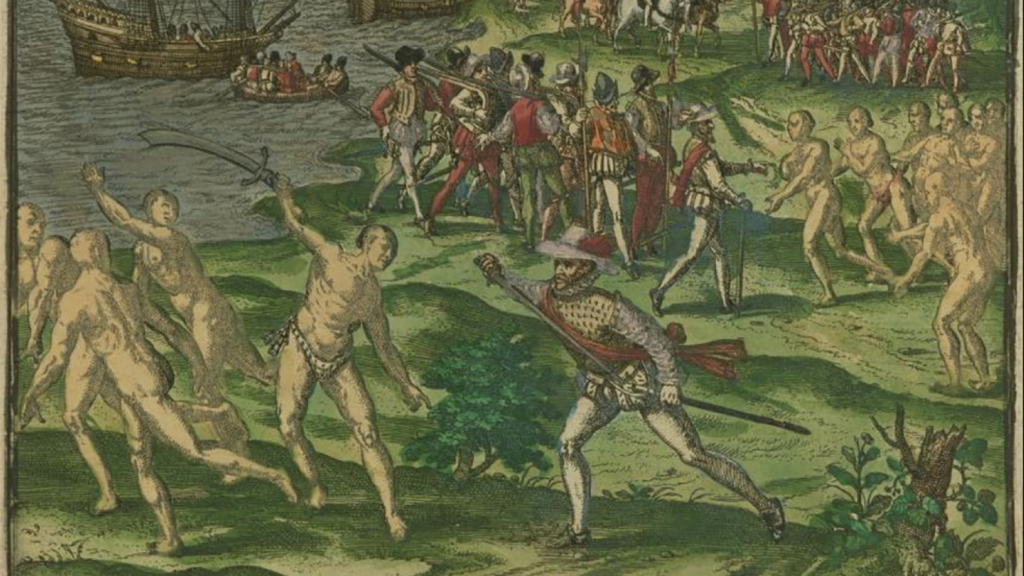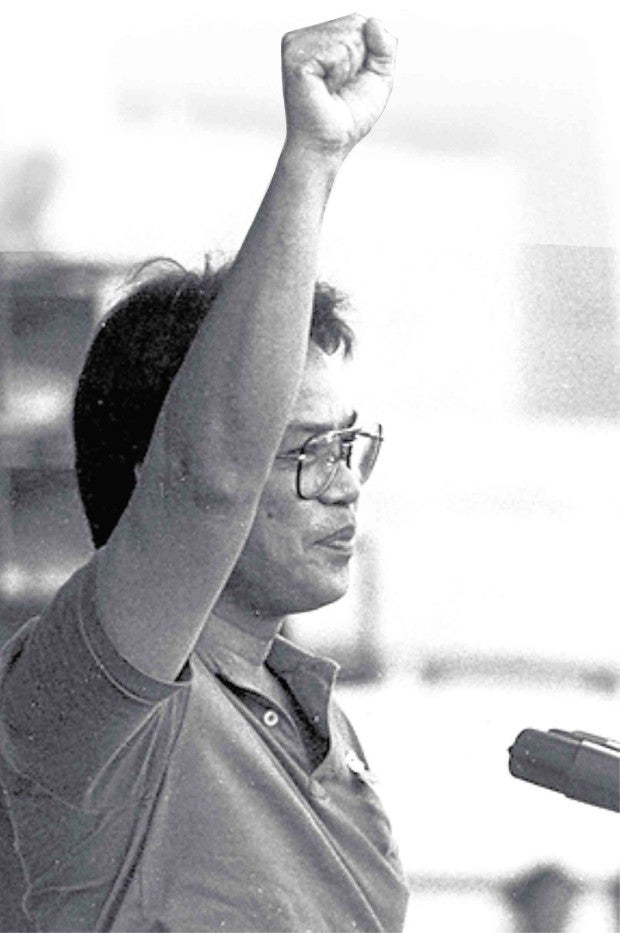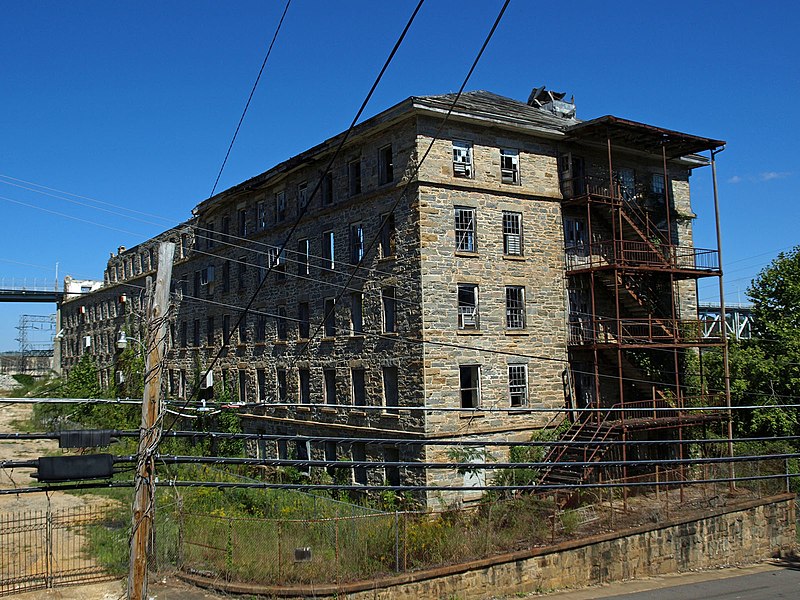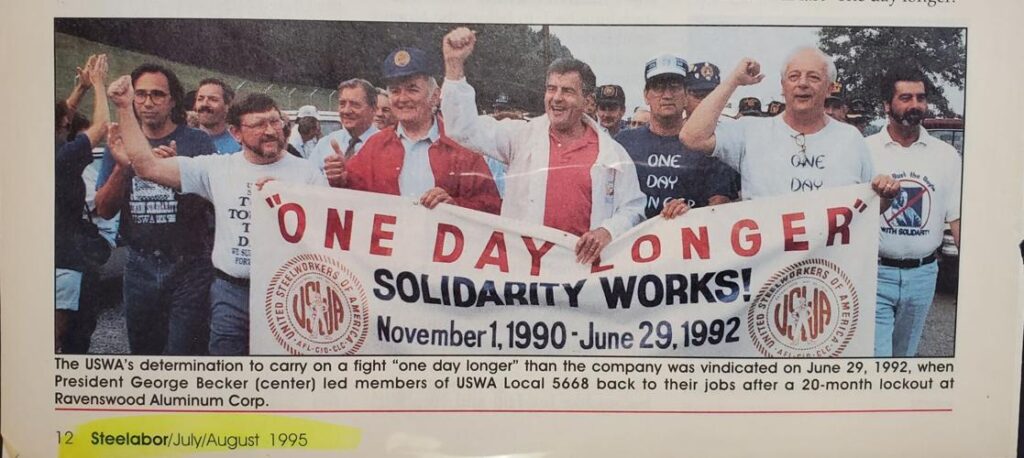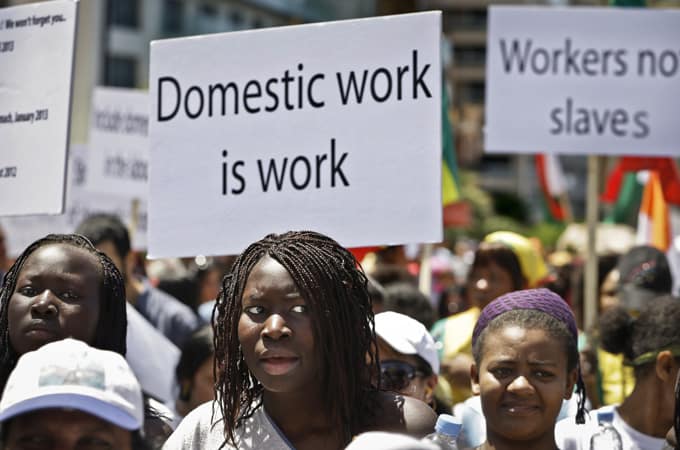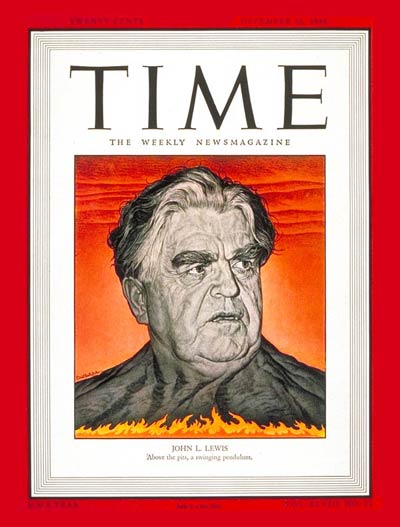This Day in Labor History
On January 7, 1919, the maritime workers in Buenos Aires voted to go on the strike. The culmination of years of radicalism, the state forces of Argentina responded by intense.
On December 10, 1976, undocumented workers in Chicago leather plants voted to unionize, leading to battle for them to have access to U.S. labor rights. Their employer soon had some.
On November 13, 1986, the Filipino labor leader Rolando Olalia was assassinated by military officers infuriated by the loss of dictator Ferdinand Marcos and their belief that the labor movement.
On November 11, 1978, President Jimmy Carter vetoed HR 9937, which prohibited US trade negotiators from reducing textile tariffs. This typically terrible decision by the Carter administration on issues of.
On October 30, 1962, 13 members of United Steelworkers of America Local 2401, working with Herbert Hill, one of the top officials in the NAACP, filed a decertification petition over.
On October 26, 2005, the European Court of Human Rights decided in the case of a domestic laborer from Togo named Siwa-Akofa Siliadin in her case against her French employers,.
On October 18, 1861, the Phulaguri Uprising began in Assam, modern-day India. This was a revolt against the British control over Indian workers in the aftermath of the 1857 Indian.
On October 17, 1945, a huge demonstration of workers in the Plaza de Mayo in Buenos Aires, Argentina, came together to demand the release of Colonel Juan Perón, recently arrested.



